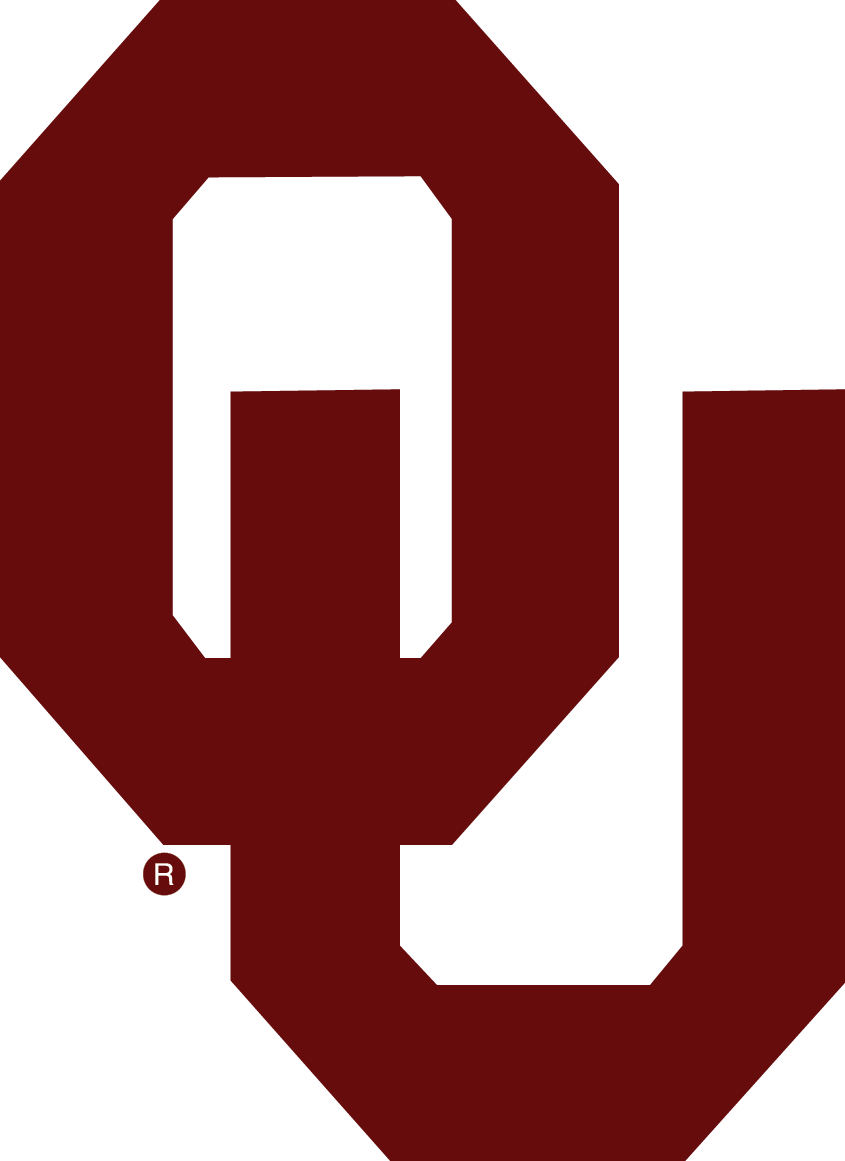CLINIC HOURS: 9:00 a.m. - 12:00 p.m. and 1:00 p.m. - 4:00 p.m.
Clinic staff must clean the clinic and inventory and stock supplies before and after clinic sessions. Please do not request clinic materials, supplies, and supplemental equipment before 8:30 a.m. and 12:30 p.m. to allow clinic personnel to make these preparations uninterrupted.
Inventory Associates manage equipment/supplies inventory, storeroom restocking, cleaning of clinics, and student needs when clinics are in session. There are supplies, such as masks and gloves, which are now located in each individual clinic operatory chair unit. Students are not allowed in the clinic dispensaries at any time.
Each dispensary is stocked with the equipment and materials necessary for all dental procedures governed by the respective clinic discipline. Certain supplies (e.g., additional anesthetic carpules) require faculty approval before they will be dispensed. The third floor contains clinic equipment where dental supplies to support the dental procedures are maintained in the assistants’ carts. For all other clinics, the supplies are available in the dispensary.
Additional dental equipment may be checked out in the clinic dispensary, such as nitrous oxide equipment, apex locators, etc. Failure to return the equipment at the end of the clinic session will result in the student being charged the cost to replace the item(s).
Students requesting nitrous oxide must obtain faculty permission via axiUm; the Inventory Associate will assign you a mobile unit assembly. Students must obtain patient consent prior to the administration of nitrous oxide. Students will enter the D9230 code - Inhalation of Nitrous Oxide, and complete the required consent and the Nitrous Oxide Analgesia template note.

